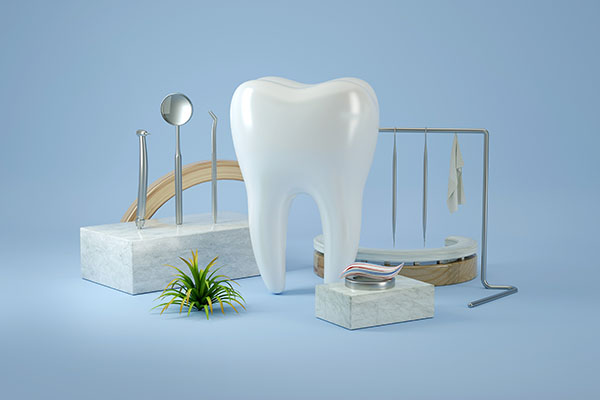When you think about , it might sound like a scary experience. The process can be invasive and require some recovery time. Still, removing wisdom teeth is often the right decision. This procedure can prevent pain and discomfort as well as a variety of oral health problems. If wisdom teeth erupt, they can pose problems in your mouth and to other teeth. Your dentist can determine whether you will need surgery to remove these third molars.
An overview of wisdom teeth
Wisdom teeth are so named because they come in later in life. As the third set of molars, these teeth emerge between the ages of 17 and 25. Usually, there are two teeth on top and two on the bottom, though some people have fewer than four. These molars are not vital for chewing food, and there is often not enough room in the mouth to accommodate them. Because of these space issues, the teeth can come in at odd angles, making them misaligned or misshapen. A wisdom tooth is also prone to developing tooth decay and infections.
How these teeth affect other teeth
One of the most common problems people face with wisdom teeth is how these new molars interact with existing teeth. A wisdom tooth often grows sideways toward an adjacent tooth rather than straight up through the gum. This can cause the other teeth to shift and come out of alignment and affect the bite. Adjacent teeth may be loose or even fall out. A wisdom tooth can bump up against another tooth, damaging its roots.
Assessing the need for wisdom teeth extraction
By the time a patient hits their teenage years, the dentist should begin looking at the developing wisdom teeth. By taking X-rays, the dentist can determine how much longer it will be before these teeth erupt. More importantly, the dentist can evaluate whether the person’s mouth has enough room for the new teeth. By a person’s late teens, it is a good time to have the procedure.
The process
To remove wisdom teeth, a dentist will either use a local anesthetic or use general anesthesia to put the patient to sleep. The dentist will then cut into the gums and remove the bone around the wisdom teeth. The dentist will break the tooth into pieces and then remove them. After stitching the incision wound, the dentist will place gauze in the mouth to control any bleeding.
After the surgery
The patient will wait in the recovery room for about 30 minutes. The dentist will monitor the patient’s condition before releasing them. The patient should rest and avoid strenuous activities for the next couple of days. Also, the person’s diet should consist of liquids and soft foods for the next week. Keeping ice on the mouth will help soothe the pain and reduce any swelling.
Check out what others are saying about our dental services on Yelp:
rotect your teeth by extracting wisdom teeth
Before your wisdom teeth start coming in, find out if you should remove them. Your dentist will examine you and determine if a wisdom teeth extraction is the right choice for you. You can avoid infections, cosmetic problems, and issues with other teeth in the mouth. Make an appointment with your dentist to get started.
or call Desert Sun Dental at 509-785-6491 for an appointment in our Quincy office.
Related Posts
Unlike other teeth, wisdom teeth do not show up until you are around age 20. Some people get them as early as age 17, while other people may not see them erupt until age 25. In either case, these third molars can cause troubling issues cosmetically and for your oral health. Your dentist will examine…
You probably know people who have their wisdom teeth removed. This is a common procedure that people in their late teens to early 20s undergo. This third set of molars usually emerges before a person hits age 25. If you are in this age range, it is time to talk to your dentist. If these…
If your wisdom teeth have begun to emerge, it is time to speak to your dentist. When these teeth are impacted, they can have some serious effects on your oral health. It is important for you to understand the risks these teeth pose and the steps you should take. Your dentist can walk you through…

